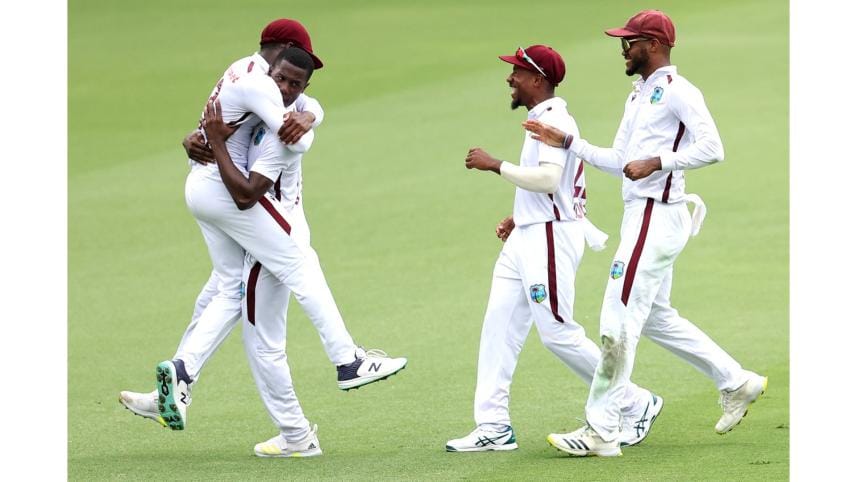Tests: A format that refuses to die

When did Test cricket first start dying?
Just a few weeks ago, former Australia captain Steve Waugh was predicting the imminent death of Test cricket after South Africa announced a second-string squad for their New Zealand tour, reserving their top players for their Twenty20 league: SA20.
Waugh viewed the mushrooming of T20 leagues as the final nail in the coffin of Tests. There are many others who share this dire assessment, which included former International Cricket Council (ICC) president Shashank Manohar.
"We are trying to see whether Test championship can generate interest, because Test cricket is actually dying to be honest," Manohar said in Dhaka in 2019 about the reasoning behind the ICC World Test Championship.
According to this line of thinking, the trouble for Tests began when the Indian Premier League (IPL) got launched in 2007, as this was the league that got the ball rolling for franchise tournaments.
But talks of Tests being in a virtual 'ICU' have existed long before the England and Wales Cricket Board first started flirting with the idea of staging 20-over-a-side matches.
The fears about Tests arose when the limited-overs format first originated and got amplified with the Kerry Packer World Series, a rebel tournament that attracted the top players across the world and, in hindsight, had revolutionised cricket.
But cricket administrations were worried about the health of Tests before Kerry Packer was even born.
In 1909, three representatives of the ICC -- then called the Imperial Cricket Conference -- sat in a meeting in London and one of the main agendas of that was the formation of a triangular series in England in 1912, an attempt to generate more interest, which they felt was dwindling.
The fact is, people have been worried about Test cricket for over a century and also have been guilty of underestimating its resilience.
ODIs, the format that was first feared to take the sheen off of Tests, is now itself fighting for relevance.
And as for T20s, at a time when three T20 franchise leagues are running simultaneously --BPL, ILT20 and SA20 -- the cricket world has been abuzz with a couple of Test matches that took place in two different timelines.
American sports writer Wright Thompson viewed the constant fear about Test cricket to be rooted in the very nature of the game.
"The roots of cricket, as this game created to preserve this longing for an already dead world, sounds so simple but also overly reductive," he said in the Red Inker podcast in 2020.
"This is so hardwired into the DNA of the sport that it influences how people look at it. It is a sport born of longing for a vanished world. Therefore, everyone who loves it lives in fear of a vanished world," he added.
Coming back to Waugh, who recently envisioned doom for cricket's purest format, now saw West Indian pacer Shamar Joseph, who tore apart the mighty Australia and won his side their first Test Down Under in 27 years in Brisbane, as the "saviour" of Test cricket.
"This man [Shamar] may be the saviour in the purest form of the game… a young man who has single handedly reignited the passion of cricket followers in the Caribbean and all over the world," he wrote on Instagram yesterday.
His optimism about a single hero descending from the heavens and saving the format from perishing sounds great, but it isn't practical.
The fact remains that Test cricket is under pressure and it requires steps from the world cricket administration and national boards to survive. But if the history of Tests has shown anything, it's that this format has always found a way to survive.

 For all latest news, follow The Daily Star's Google News channel.
For all latest news, follow The Daily Star's Google News channel. 
Comments